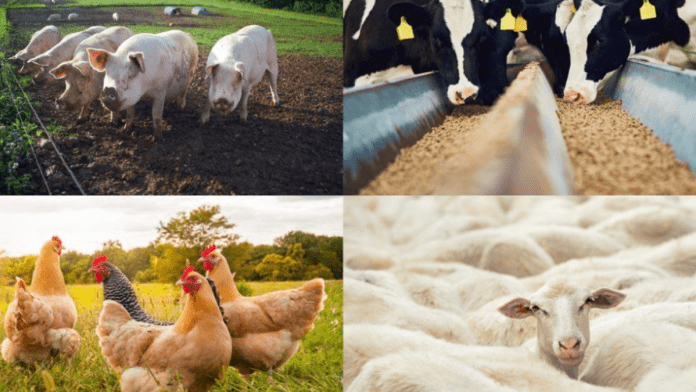News in Brief:
– EU commits â¬600 million to research and innovation in agroecology and animal health, emphasising sustainability in agriculture.
– Partnerships under Horizon Europe framework unite stakeholders to drive impactful change, supporting farmers in adopting sustainable practices and enhancing livestock production while safeguarding public health.
The European Union (EU) has earmarked a substantial â¬600 million to bolster research and innovation in agroecology and animal health and welfare. These initiatives, spanning seven years, aim to address pressing concerns within the agricultural sector, particularly impacting local farmers.
Under the auspices of the EUâs Horizon Europe framework, the European Partnership on Agroecology and the European Partnership on Animal Health and Welfare are being launched. These partnerships, the culmination of years of collaborative efforts involving the European Commission, will unite stakeholders across EU Member States and associated countries to drive research and innovation.
Driving sustainable solutions in agroecology and animal health
The EU budget will cover up to 50% of the partnerships’ costs, with the remainder being contributed by consortium members. This substantial investment underscores the EU’s dedication to finding tangible solutions for sustainability challenges in agriculture.
The Agroecology Partnership is poised to support farmers in transitioning towards sustainable practices. With a focus on minimising external inputs and maximising ecosystem services, this initiative will provide farmers with crucial knowledge and tools tailored to their specific contexts.
The Animal Health and Welfare Partnership aims to enhance livestock production while safeguarding public health and the environment. Through the development of innovative methodologies and products, such as diagnostics and vaccines, it seeks to mitigate the risks posed by infectious diseases.
These partnerships exemplify the collaborative spirit of Horizon Europe, bringing together diverse stakeholders to address complex challenges. By fostering knowledge exchange, science-policy dialogue, and the dissemination of best practices, they are poised to drive meaningful change in the agricultural landscape.



